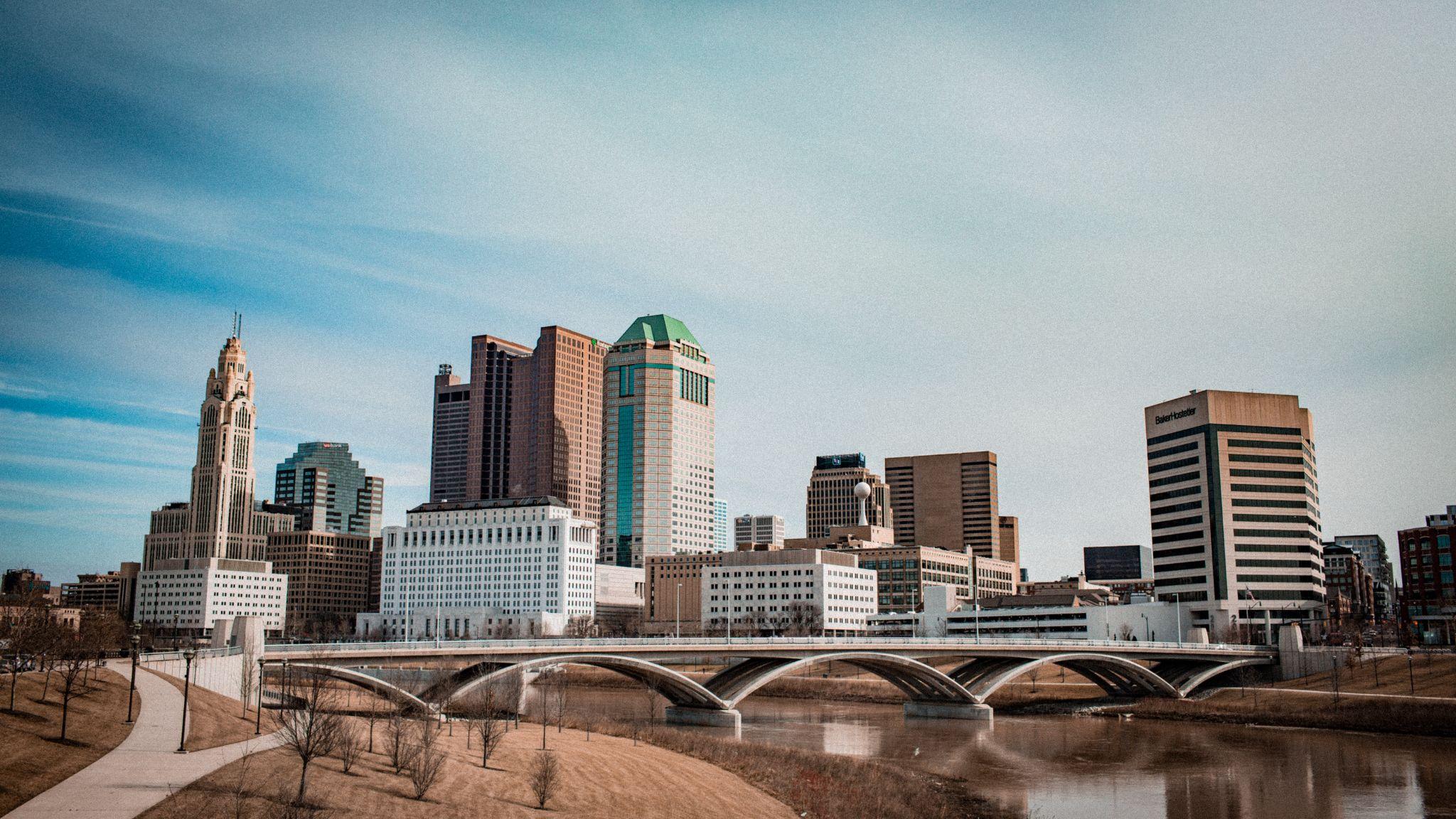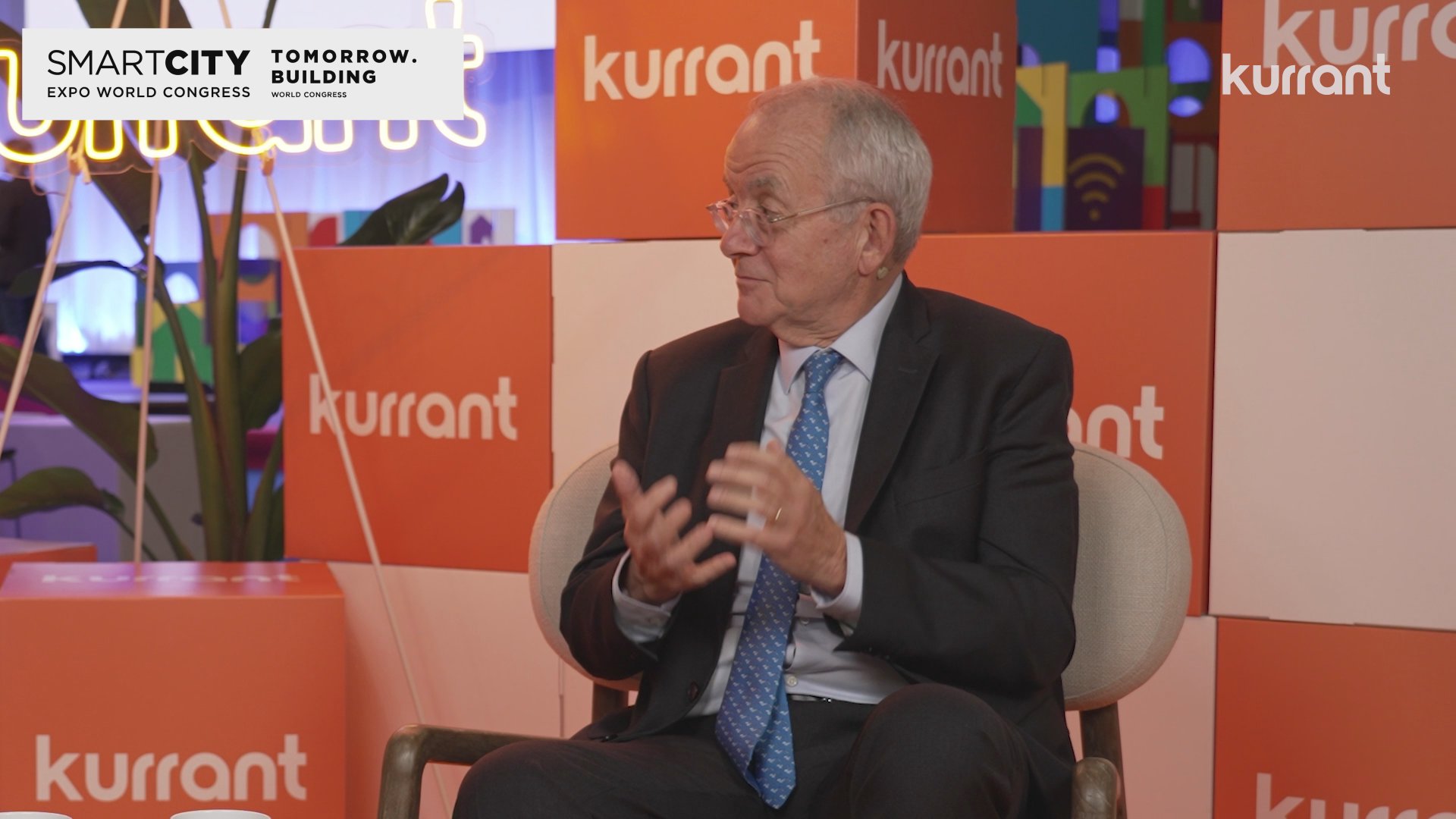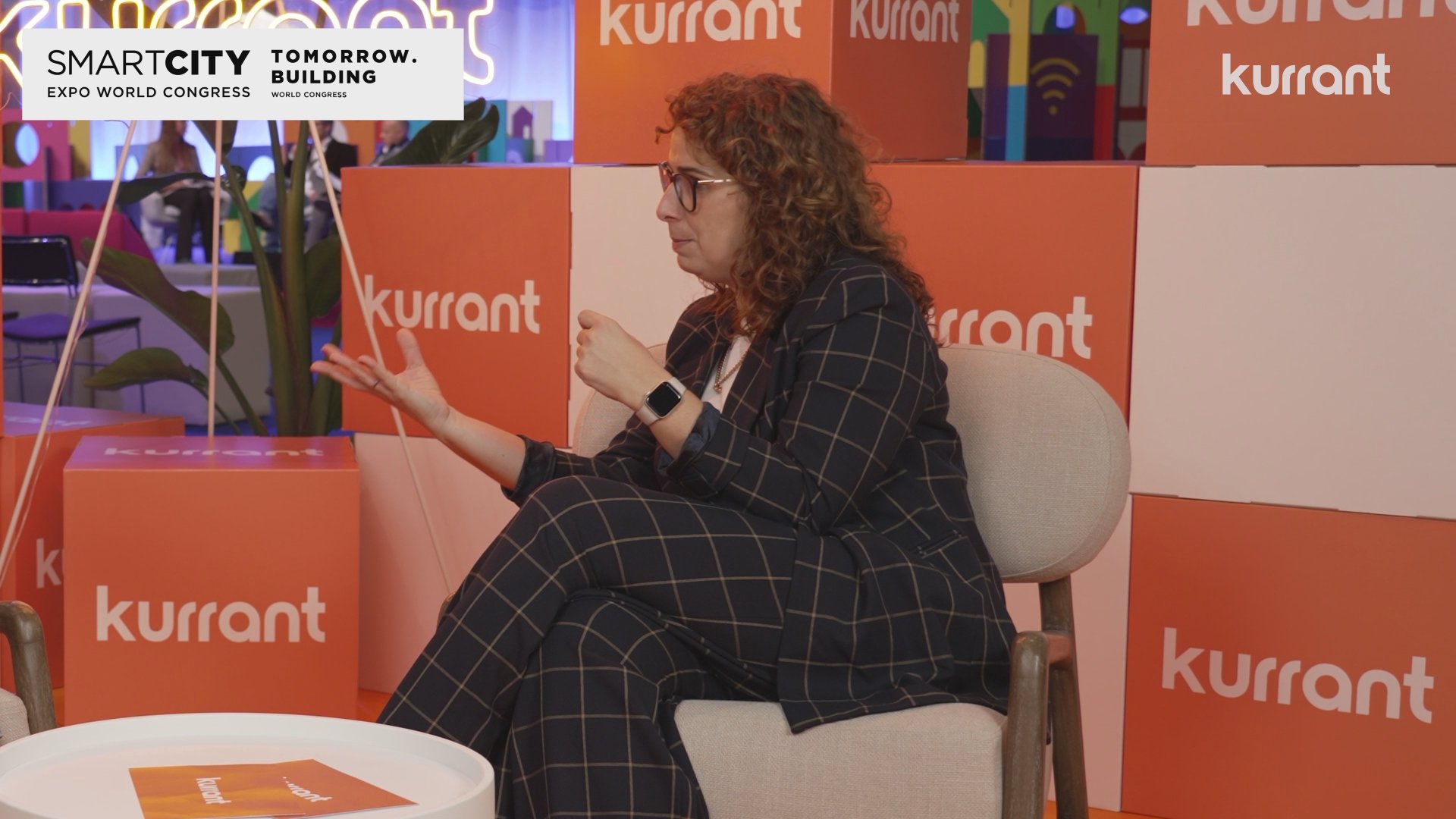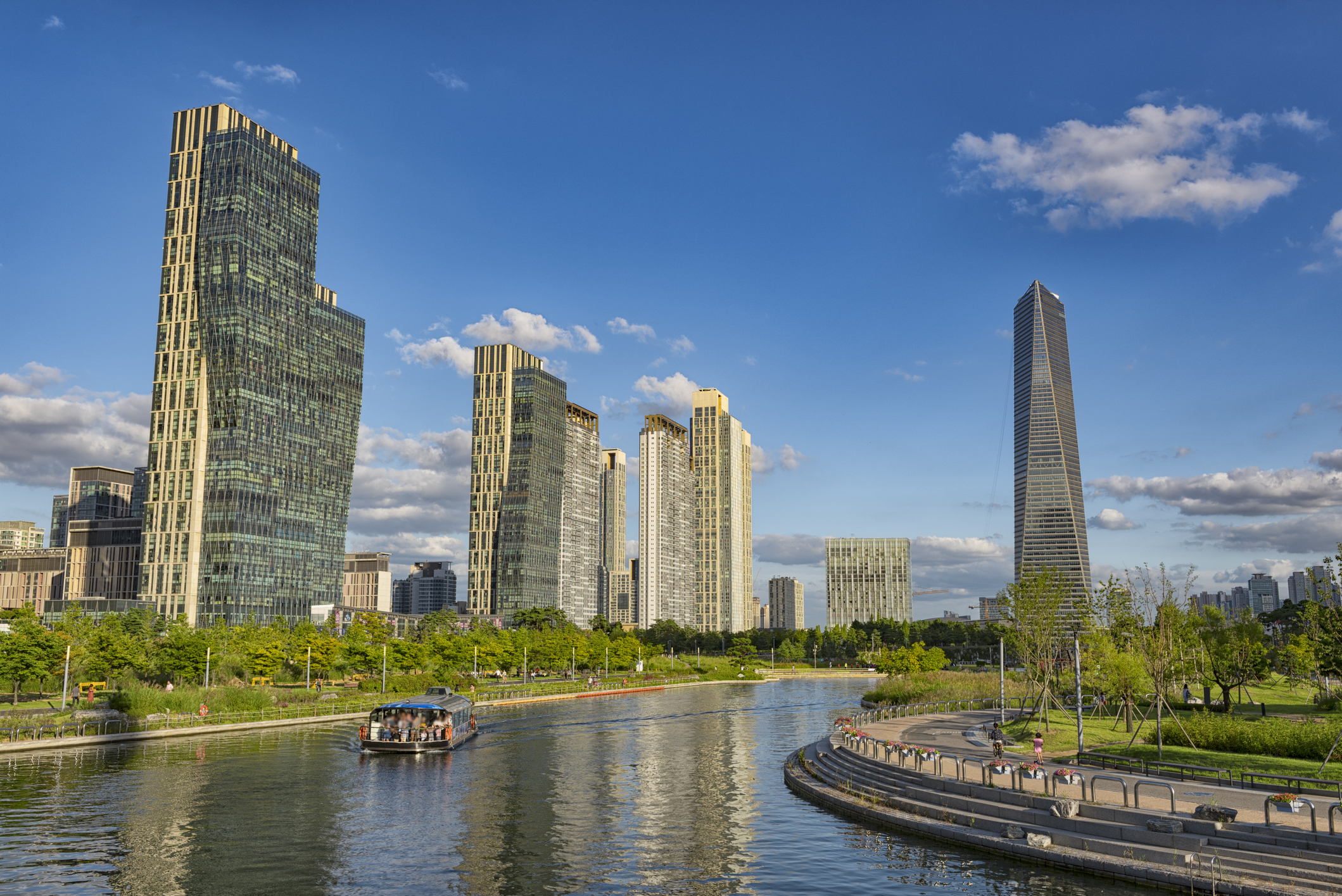Author | Lucía Burbano
Much has been written about smart cities and great ideas which, very often, stay at just that, ideas. In the case of Columbus, the capital of Ohio, its smart strategy can be measured with specific results showing how technology is the best way of achieving social and environmental well-being.
The city’s position of leadership began with its commitment to mobility, with the region now at the forefront of smart mobility. And this success has not led the North American city to rest on its laurels, quite the contrary, it has inspired it to seek even greater achievements, which it is prepared to share, since it has welcomed delegations from 80 cities and 20 countries to share its “secret” formula.
The Smart City project in Columbus received a subsidy from the United States Department of Transportation, which concluded in 2021. However, this does not mean the city has stopped developing programs aligned with its proposed goals. It is therefore a good time to assess whether it successfully met its foundational objectives and to examine its specific efforts in mobility and sustainability.
Leader in smart mobility
In 2016, Columbus competed against another 77 American cities to win the Smart City Challenge organized by the Department of Transportation. This triumph was accompanied by a check for a value of $40 million from the administration and a further ten million from the Paul G. Allen Family Foundation to develop sustainable mobility projects with technology as the key theme and to achieve the following goals:
- Decarbonization and modernization of the transportation network
- Adoption of a fleet of electric vehicles
- Expansion and adoption of multimodal transit
- Increase the region’s charging infrastructure
Another factor that justified its victory is that it was one of the first cities in the United States to adopt broadband technology. In recent years, Columbus and its surrounding areas have attracted tech giants such as Google, Facebook, and Amazon. More recently, new tech companies have emerged in the Columbus region, working to address transportation accessibility challenges across the state.
The pillars of Columbus Smart City

In the form of commandments, the capital of Ohio coordinates its ‘smart’ strategy based on four pillars of activity and their respective projects:
1. Mobility
Transportation is evolving. It is smarter, autonomous and electric. Smart Columbus is helping the region embrace the mobility of tomorrow with innovations and infrastructure designed to reduce traffic congestion and emissions, ultimately enhancing accessibility on a global scale.
Projects: LinkUS, EV101.
2. Sustainability
The smart city concept inherently embodies the value of embracing sustainability. In Columbus, there is an understanding that economic prosperity and social well-being cannot be achieved without safeguarding the environment.
Projects: E-bike incentives, ‘Drive less’.
3. Digitization
Making municipal services available online or through an app enhances residents’ quality of life by offering easy access to the services they need.
The third principle of Smart Columbus aims to digitize and connect the city’s agencies to foster efficiency, collaboration, and better outcomes. From a citizen’s perspective, this initiative also ensures that all residents have access to basic, affordable internet, along with the devices and knowledge needed to use it effectively.
Projects: Community Information Exchange, Central Ohio Regional Digital Inclusion Alliance.
4. Emerging technology
Smart Columbus is focused on technological innovations that address evolving urban challenges, positioning itself as a city of the future.
For its creators, this is an ongoing effort, as “today’s technology will not solve the challenges of tomorrow.” The goal, therefore, is to lay the foundation by creating an ecosystem of partners with a forward-thinking approach that will help identify and leverage emerging technologies.
Projects: Regarding connected vehicles, self-driving shuttles.
Funds well used
The deadline for awarding these grants to specific mobility projects was reached in 2020. Columbus did its homework and can quantify its achievements in smart and sustainable mobility in 13 completed pilots and projects. The following stand out as particularly noteworthy:
- Connected electric self-driving vehicles: during the pandemic, Linden LEAP, the first self-driving public transportation service delivered 130,000 meals and 15,000 masks to the city’s most disadvantaged residents.
- Prenatal trip assistance: 143 pregnant women with Medicaid coverage took part in ‘Rides4Baby’, a prenatal trip assistance research study that wants to show the effectiveness of shared transport.
- Pivot, the mobile app that plans multimodal trips and offers information about transport options, travel times, distance and flexibility.
- Over 1,000 vehicles took part in the connected vehicle network, with the aim of increasing safety, as these vehicles communicated with one another on the city’s intersections with the highest accident rates.
- The ParkColumbus mobile app, which makes it easier to search and pay for street parking.
- Construction of six smart mobility centers with interactive kiosks, four scooter charging and bike share stations and one electric vehicle charging station.
- Over a period of 12 months, 31 individuals with cognitive disabilities used the WayFinder app to take 82 trips independently on public transit, rather than relying on a ride from a caregiver, fostering their independence.
- A pilot test of the Smart Columbus operating system, which transmits the connected vehicle environment data every 15 seconds.

Experience center: educating the public on emerging smart city technologies
Inaugurated in June 2018, the Smart Columbus Experience Center, located in the heart of the city, provides an interactive experience that showcases how electric mobility technology and innovation can enhance people’s lives.
Since its opening, over 30,000 visitors from Columbus and around the world have toured the center, which is dedicated to educating people on topics such as sensor video technology, driving tests that introduce the technology behind electric vehicles, and real-time demonstrations of how energy systems function.
The Experience Center also serves as a hub for cities interested in learning about the best practices for building a smart city. Since 2018, the center has hosted representatives from 80 cities and 69 countries, many of whom have taken part in the learning exchange program initiated by Columbus.
What has happened in Columbus since 2021
Although government subsidies ended a few years ago, Columbus has continued to invest in smart mobility and sustainability projects to advance its objectives.
These are some of the most prominent:
- Subsidies for the purchase of e-bikes
In response to the strong demand for its e-bike subsidy program, the city council allocated $500,000 last year in purchase vouchers for eligible residents interested in buying new electric bikes.
Previous municipal funding had facilitated the purchase of 289 bicycles equipped with integrated batteries and small electric motors, capable of reaching speeds of up to 20 miles per hour.
- The first Green IT Zone in the United States
In 2024, the Columbus region reaffirmed its commitment to becoming the nation’s first Green IT Zone, a designation backed by a coalition of organizations with a shared vision of practicing sustainability in their technological operations to reduce greenhouse gas emissions.
This initiative lays the foundation for mitigating carbon emissions within the IT sector. In 2021, tech companies accounted for 5% of global CO2 emissions, and this figure is expected to increase to 14% by 2040.
- Investments to bridge the digital divide
In Franklin County, Columbus, around 200,000 people lack internet access at home, and more than 66,000 do not have a computer. In 2023, the county and city of Columbus invested over $20 million to help reduce the digital divide.
The funds will be used to distribute 10,000 computers, tablets, and smartphones, expand access to affordable home internet services, and establish training programs to improve digital skills.
Has Columbus successfully achieved the proposed objectives?
Columbus was chosen as a pilot city for smart mobility and sustainability projects because the authorities sought a mid-sized city to accelerate the deployment of technology specifically focused on smart transportation.
However, the initiative has not been without its critics. Some of the criticism, however, stems from the COVID-19 pandemic, which occurred when many of the Columbus Smart City projects were expected to reach their peak.
Some of the identified ‘shortcomings’ include the following failed projects:
In February 2020, EasyMile launched self-driving shuttles that transported passengers at an average speed of 6 km/h. Two weeks later, a sudden braking incident injured a passenger, leading to the suspension of the service.
The Pivot app was downloaded by only 1,100 people, despite offering passengers the ability to plan and book journeys using rental vehicles with drivers, shared bikes and scooters, and public transport. These numbers fall significantly short of expectations.
Nearly a decade later, perhaps the context in which the Smart City Challenge was launched was very different from today’s reality. Looking back to 2015, there was a strong emphasis on technological solutions. However, over time, it has become evident that technology alone is not the cure-all.
Or perhaps expectations were simply too high. However, the path taken by Columbus has not been in vain: there have been clear improvements and valuable lessons learned, which may serve as the best investment for both the city and the world in advancing the goals of smart mobility.
Photos | Unsplash/Oz Seyrek, Unsplash/Mike Beaumont, Unsplash/CHUTTERSNAP






















































